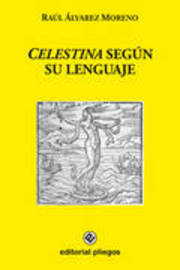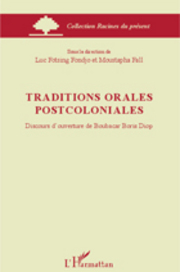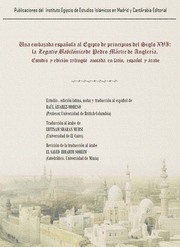Course type: Hybrid
A hybrid course may involve a combination of synchronous activities (done in “real time”) and asynchronous activities (done in one’s own time). The course will be delivered online.
Intermediate French I
With an approach that is communicative and collaborative, inductive and interactive, the course develops understanding of the French language and the Francophone world and refines writing and reading, speaking and listening skills through diverse activities:
- an interactive approach to the review of French grammar, stressing communicative competence;
- an emphasis on group work and task-based activities;
- an introduction to essay-writing in French;
- an emphasis on the expression one’s opinion on different topics (work and studies, leisure activities, social topics, news);
- a study of contemporary literature and other authentic documents (newspapers, blogs, music, etc.) of the French-Speaking world.
FREN122 syllabus follows the Common European Framework of Reference guideline for B1 level (first half).
Three hours a week will be devoted to providing students with tools for dealing with situations that they are likely to encounter in a French speaking region. Students will be able to understand the main points of clear standard speech on familiar subjects in work, school and leisure activities; to produce a simple and cohesive text on familiar subjects or subjects of personal interest and to narrate an event or an experience.
Lectures and class discussions are all conducted in French.
Please note this course will be taught using a combination of synchronous and asynchronous teaching and learning techniques. This means that students will, at times, interact with the instructor and other classmates at the same time (synchronous learning) and, at other times, work through materials and other learning activities independently (asynchronous). The course is designed in this way to provide greater flexibility to students, particularly those who are currently living in a different time zone and/or have poor internet connectivity.
If you are unsure whether this is the appropriate level of French course for you, click here.
Course website:
The website for this course is available through Canvas.
Required readings:
Entre nous 3, Éditions Maison des langues
2 options:
- Print Textbook : Entre nous 3, Paris: Éditions Maison des langues, 2016. ISBN: 9788416273249
If you buy the printed textbook, you can access the audio files on the free version of the Espace Virtuel or on the provided CD or get Premium access with additional resources and online activities (ISBN: 9788417249755)
- Digital Textbook (online version) with Premium Access : Entre nous 3 .
If you purchase premium access directly through the Espace Virtuel website, you have the option to purchase an annual subscription for 24.90 EUR or a one-semester subscription for 18.90 EUR.
Espace Virtuel : https://espacevirtuel.emdl.fr/
This textbook is used for both FREN 122 and FREN 123.
Technical Requirements: Students will need a computer or tablet that has the capacity to view and/or download documents from Microsoft Word (including PPT), video and audio capacity, a keyboard, and headphones if necessary. Some of the exercises students will complete will require them to record their voices. Students will also need a quiet environment and a strong and stable Internet connection.
Recommended readings:
Suggestion to practice grammar: Grammaire essentielle du français B1, (Paris: Éditions Didier, 2015)
Suggested for both FREN 122 and FREN 123.
Language of instruction: French
Prerequisite:
One of French 12, FREN 112, or equivalent.
Note:
Successful completion of French 122 leads to French 123 and further courses in French language and/or literature. French 122 cannot be taken concurrently with 123 without the permission of an undergraduate advisor in French.
The sequence of French language courses FREN101/102, 111/112, 122/123, 224/225 is designed for non native speakers.
The Department of FHIS reserves the right to refuse enrollment to any of its language courses to a student who has, in the view of the Department, a level of competence unsuited to that course. Enrollment at or below the level the student has already attained is not permitted.
Course Registration

 Raúl Alvarez-Moreno —
Raúl Alvarez-Moreno — Luc Fotsing Fondjo et Moustapha Fall (ed.) —
Luc Fotsing Fondjo et Moustapha Fall (ed.) — Raúl Álvarez-Moreno —
Raúl Álvarez-Moreno — John Culbert —
John Culbert —